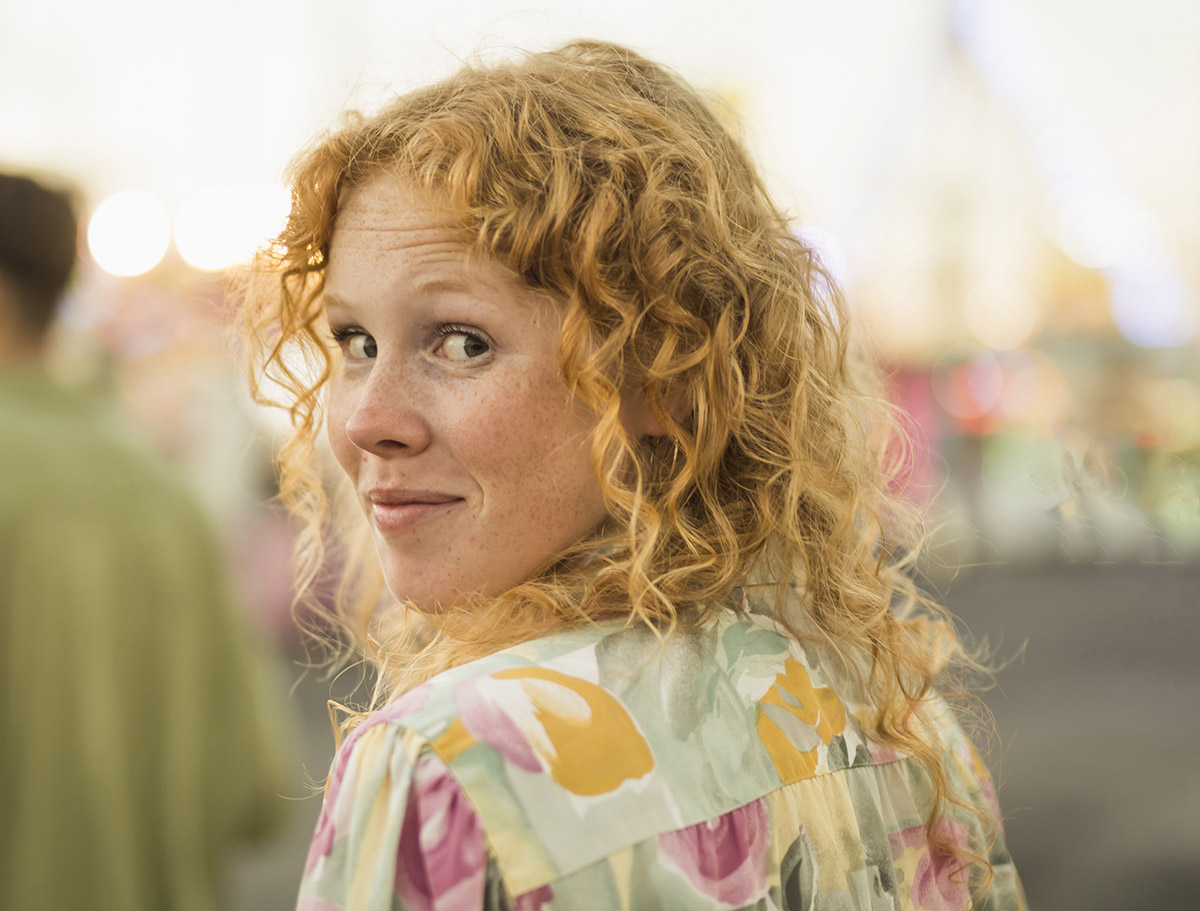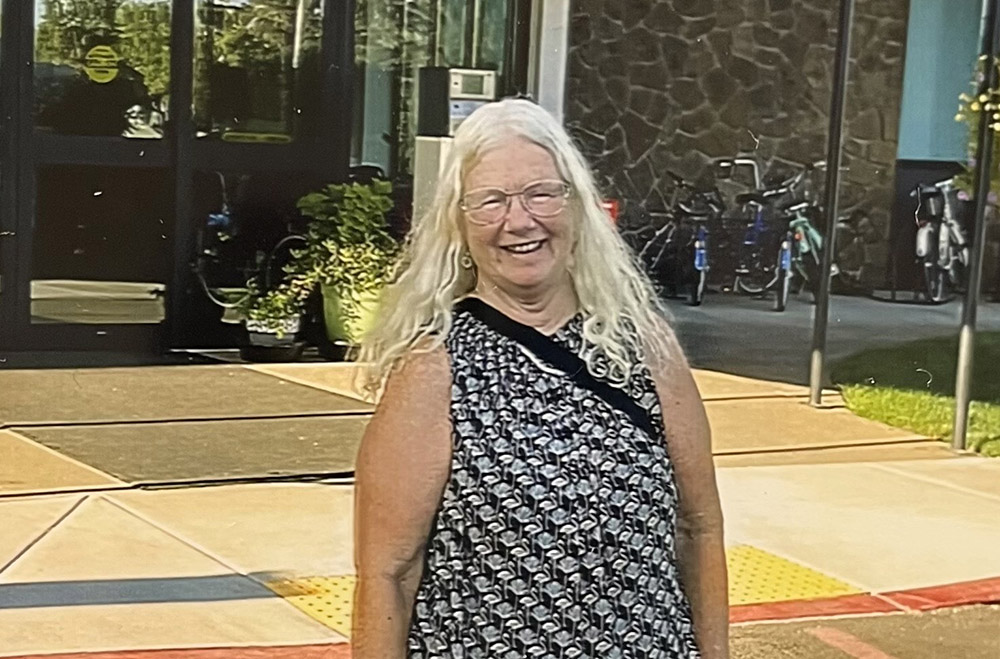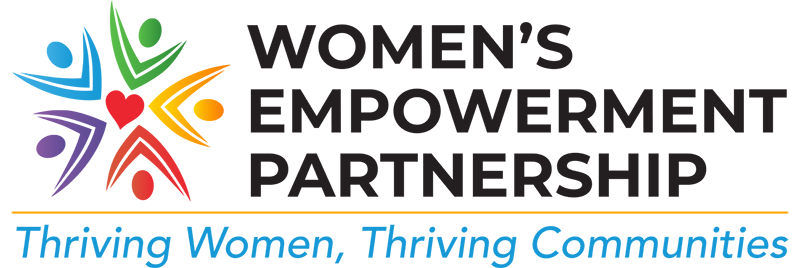Eugene/Springfield Project

Empowerment of Local Women And Their Families
At the core of our community-driven efforts lies a commitment to removing barriers that often keep women and their families trapped in cycles of poverty. Achieving financial stability is paramount to breaking free from these constraints. We endeavor to equip women and families in need with the necessary resources, education, and skills they need to do that. By doing so, we empower them to rise out of poverty and attain enduring financial stability. We are building a more substantial, self-sustaining community, where individuals and families thrive, independently, creating a brighter future for all. Some things we assist with include:
-
-
Get-into-housing costs
-
Housing stability (homelessness prevention)
-
Utility/Internet bills
-
Maintenance of phone service
-
Transportation
-
Interview and job clothing, shoes, accessories
-
We also assist with some expenses related to education and training, emergency food aid, health and dental care, and minor legal expenses such as expungement of criminal records.
Upon acceptance into our program, our commitment extends beyond immediate assistance, focusing on fostering housing and financial stability over the long term. Beyond what we currently do, we recognize the critical shortage of affordable housing in the area and plan to begin raising money to build housing.


Two Worlds, One Mission
Our work is with women and families experiencing homelessness and/or poverty in the Eugene/Springfield, Oregon area. Our mission is the same in Teosinte, El Salvador–to assist them in their efforts to rise out of poverty. To our astonishment, we have found that rising out of poverty is much more difficult here in the United States than in El Salvador.
In El Salvador, the people of poor, rural communities suffer abject material poverty. However, they do not suffer from the spiritual and emotional poverty we have here in the U.S. The people of Teosinte are anchored to bedrock spiritually and their faith sustained them when they endured terrible trauma during the war. They also are healthy emotionally, as rural Salvadoran communities do not have epidemic proportions of child abuse and neglect like we have in the United States.
The scarring from horrific trauma among our unhoused and poor population here in the U.S. is the most challenging barrier to overcome, a problem we hope to address in a major way in the future.

A Success Story For Mary
Mary was one of our local women we were lucky enough to help. When we met Mary, she had six months to wait until she turned 62, when she would start receiving social security and could move into Ya-Po-Ah Terrace, an apartment complex for retired people with limited income. When we met, she was working…
